Fuel your swim sessions with smart, simple nutrition. Actionable steps, progress checks, and swim-specific tips to help you eat better and perform better.
Swimming is a full-body, high-energy sport that demands both endurance and strength. Whether you're training for sprints or long-distance events, what you eat directly impacts your energy, recovery, and performance. Unlike land-based athletes, swimmers often feel less hungry post-workout due to the cooling effect of water, which can lead to underfueling. That’s why a structured, intentional approach to nutrition is essential.
Proper nutrition supports muscle repair, boosts immunity, maintains energy levels, and enhances focus. For beginners, the goal isn’t perfection—it’s consistency and progress.
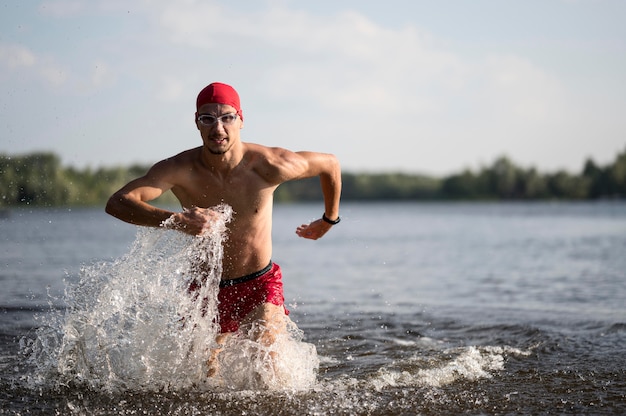
Start by building meals around three core components: carbohydrates, protein, and healthy fats.
Aim for a plate that’s half colorful vegetables, one-quarter lean protein, and one-quarter whole grains. Add a small portion of healthy fat on the side.
Timing can make a big difference in how you feel in the water. Here’s a simple daily eating schedule for swimmers:
Avoid heavy, high-fat meals right before swimming, as they can cause discomfort.
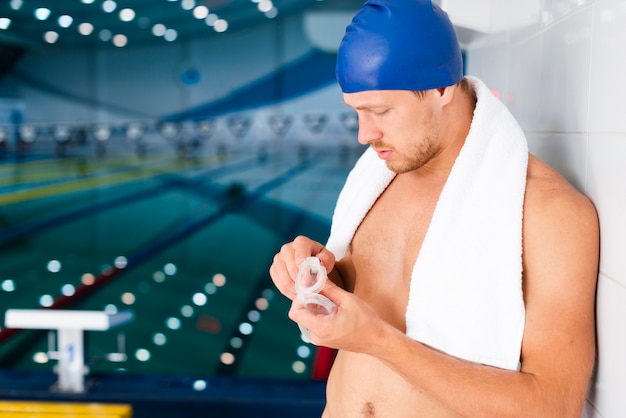
Hydration is often overlooked. Although you’re in water, you still sweat and lose fluids. Dehydration can lead to fatigue, cramps, and poor performance.
Carry a water bottle and sip throughout the day. Monitor your urine color—pale yellow means you’re well-hydrated.
For intense or long sessions, consider a drink with electrolytes to replace lost sodium and potassium.
Recovery starts the moment you leave the pool. Your muscles need nutrients to repair and grow stronger.
Within 45 minutes of training, consume a snack or meal with both carbohydrates and protein. This window is crucial for replenishing glycogen stores and kickstarting muscle repair.
Examples: chocolate milk, turkey sandwich on whole grain, or a protein smoothie.
Small, consistent changes lead to big results. Use this simple 4-week plan to build better habits:
Carry a water bottle. Aim for 6–8 glasses daily. Check urine color each morning.
Pack a recovery snack. Try yogurt and fruit or a hard-boiled egg with toast.
Use the plate method at two meals per day. Fill half with veggies.
Spend 10 minutes prepping meals or snacks for the next day.
At the end of each week, ask yourself: Did I meet my goal? What worked? What can I improve?
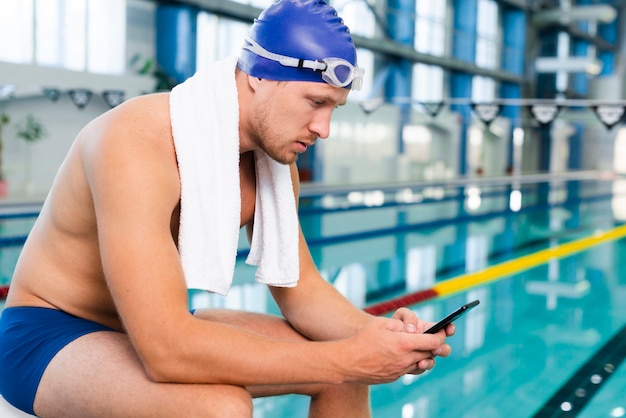
Listen to your body. Eat when you're hungry, stop when you're full. Nutrition isn’t about restriction—it’s about fueling.
Nutrition doesn’t have to be complicated. As a swimmer, your body is your engine—treat it with care. Start with one change, track your progress, and build from there. Over time, better eating habits will lead to stronger strokes, faster times, and greater enjoyment in the water.
Remember: progress, not perfection. Every healthy choice counts.

Fitness
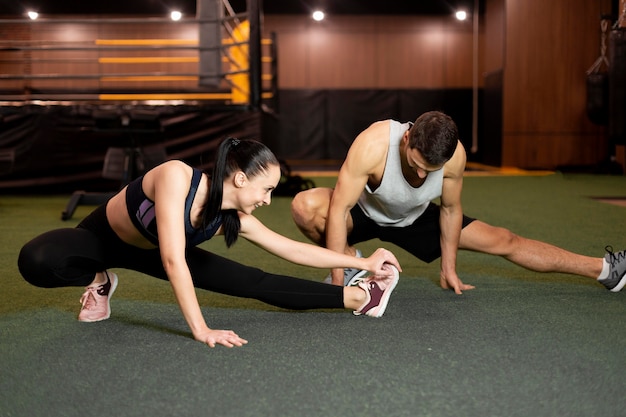
Fitness
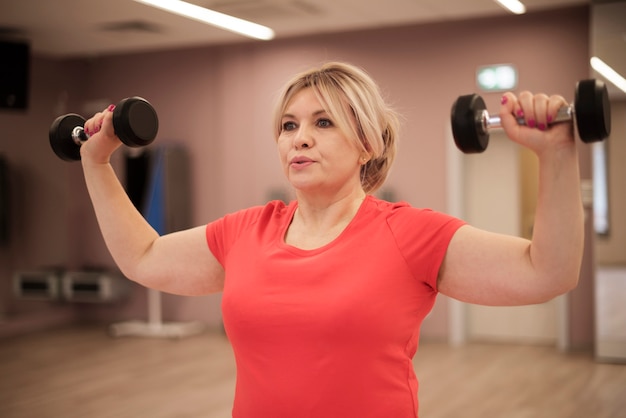
Fitness

Fitness

Fitness
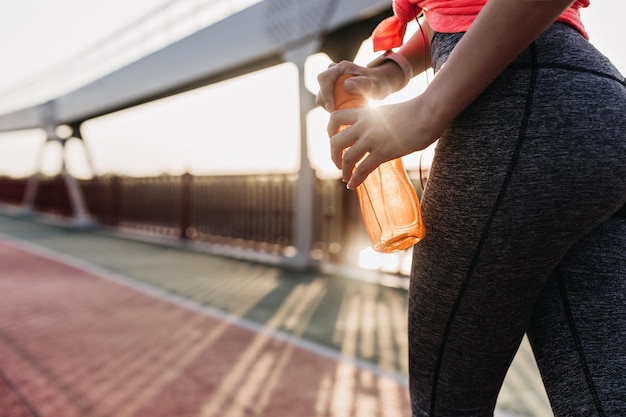
Fitness

Fitness
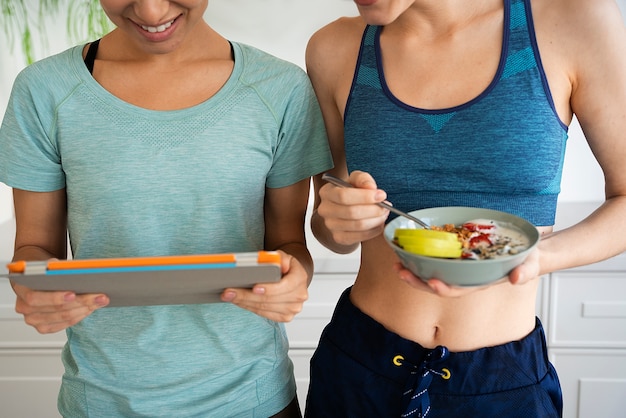
Fitness
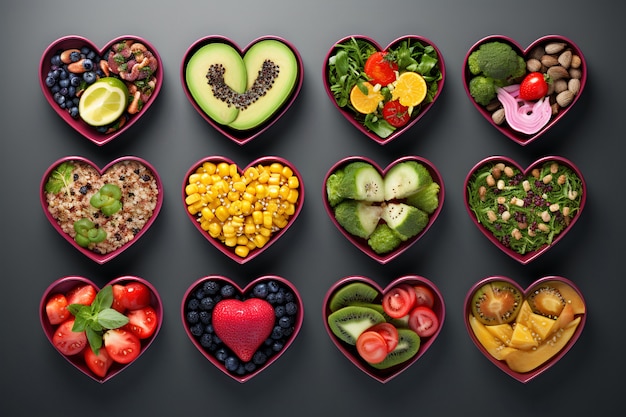
Health
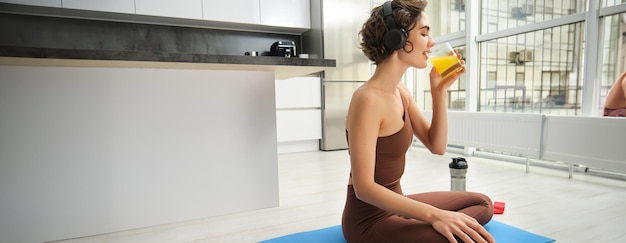
Fitness
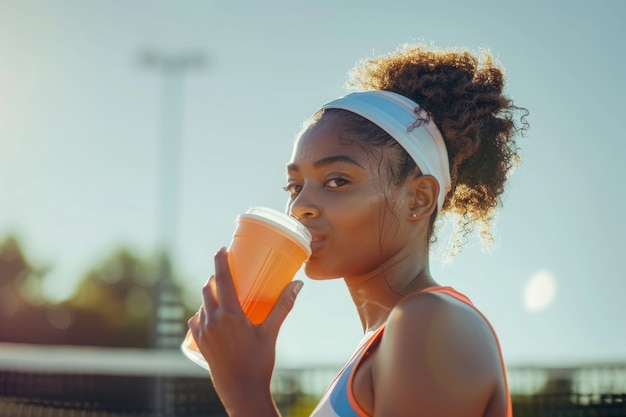
Fitness
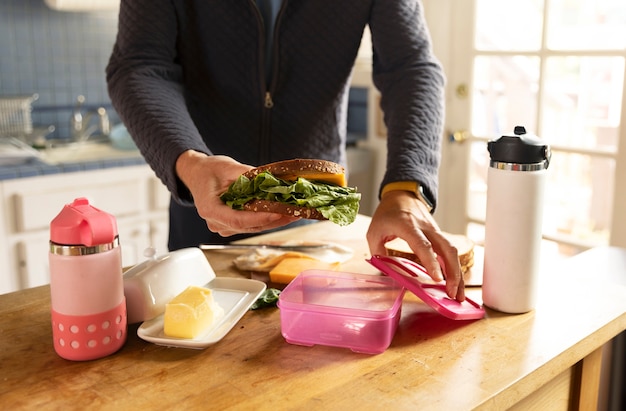
Wellness

Health

Fitness

Health

Health